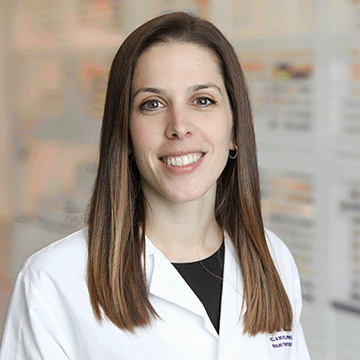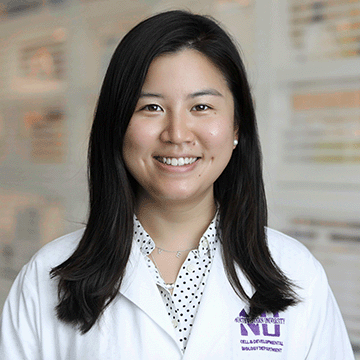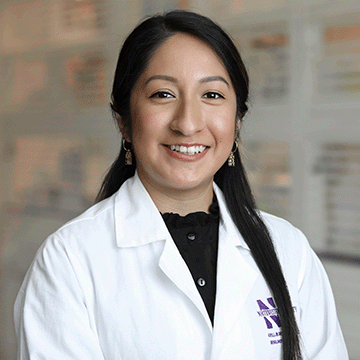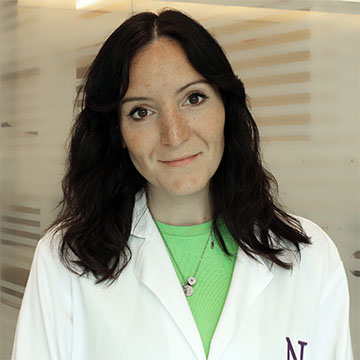Arispe Group

Luisa Iruela-Arispe, PhD
Chair of Cell and Developmental BiologyStephen Walter Ranson Professor of Cell Biology
Northwestern University Feinberg School of Medicine
North American Coordinator
Chicago, Illinois, USA
arispe@northwestern.edu
Our laboratory aims to identify molecular mechanosensing pathways in endothelial cells and how dysregulation of this impacts signaling and vascular function. In particular, we are keen to clarify the link between upstream signaling pathways, MAPK regulation and vascular malformations. Other aspects of our research in relation to this network include flow-induced molecular compartmentalization and impact of shear stress in nuclear function.
Group Members




